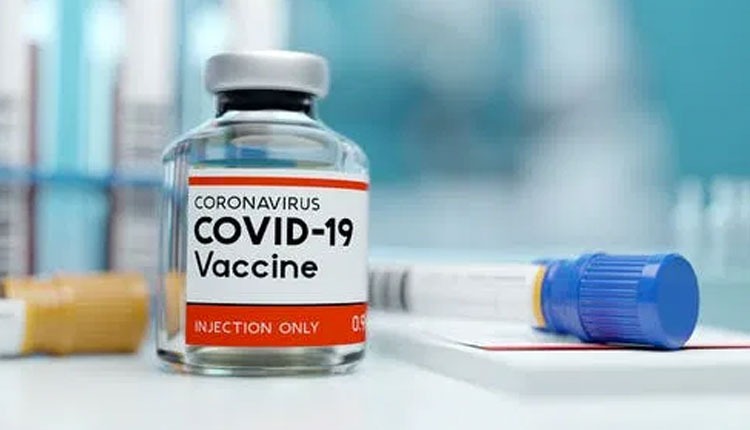India will be confronting its single biggest public health challenge as it prepares to launch the largest-ever mass immunization drive, aiming to inoculate around 300 million people by August 2021.
According to the draft standard operating procedure issued by the Health Ministry, the government is planning to provide anti-corona shots to only 100 per day at each site, unlike standard immunization drives that see hundreds of people being vaccinated in a day.
Among groups being identified for the first shots are 10 million health care providers in the government and private sectors and 20 million other front line workers, such as police and armed forces.
The government has said it will deploy its vast election machinery to deliver 60 crore doses of Covid vaccines to 30 crore Indians, including healthcare & frontline workers, priority groups above the age of 50, and those under 50 with comorbidities
According to a report by Times of India, Each site will have three rooms — for waiting, vaccination, and observation. “The decision to have three rooms for vaccination is keeping in mind the need for social distancing. While the vaccination room will see only one person enter at each time, the waiting and observation room will have seating for multiple people,” the newspaper quoted Dr. Rajini N, an immunization officer who attended a workshop for vaccination organized by the Central government, as saying.
Following an SOP issued by the Union health ministry, states have started preparing a road map for developing infrastructure for vaccine distribution and in the process of identifying dedicated hospitals for ‘adverse events following immunization’ (AEFI) as well as specific vaccination sites to meet requirements for Covid inoculation.
The document, which has been shared with all states, asserts that the government would deploy five personnel, including a guard, for each inoculation site and keep aside a room for adverse-effect observation a person is inoculated.
“While most of the healthcare and frontline workers would be vaccinated at fixed session sites, vaccination of other high-risk populations may require outreach session sites, and mobile sites and teams,” the ministry said in the document, “Covid-19 Vaccines Operational Guidelines”.
Cold Chain Logistics Challenge for Virus Vaccination
To provide safe delivery the government has also asked officials to complete all preparations for the prospective Covid-19 vaccination drive, including “robust cold-chain maintenance set-up” in states.
India is gearing up with 28,947 cold chain points and 85,643 pieces of equipment across the country that are capable of storing vaccines needed for the first set of 3 crore health and frontline workers.
The government has lined up cold storage facilities with temperatures between 2 to 8 degrees Celsius (36 to 48°F), said Dr. VK Paul, Niti Aayog member and head of National Expert Group on Covid-19 vaccination.
While the existing cold chain is funded and managed through public finances but to meet the needs of a vaccination program for the entire population the government needs some private players to rely on.
There’s a lot of buzz surrounding Covid-19 vaccine development globally, and at least 3 vaccine candidates are in critical stages of development and testing in India, which will pave way for faster access to an approved vaccine in the coming year.
The health ministry has also developed Co-Win — a digital platform for vaccine delivery. This app will be useful for all those engaged in the process — administrators, vaccinators, and people who are going to receive these vaccine shots.











